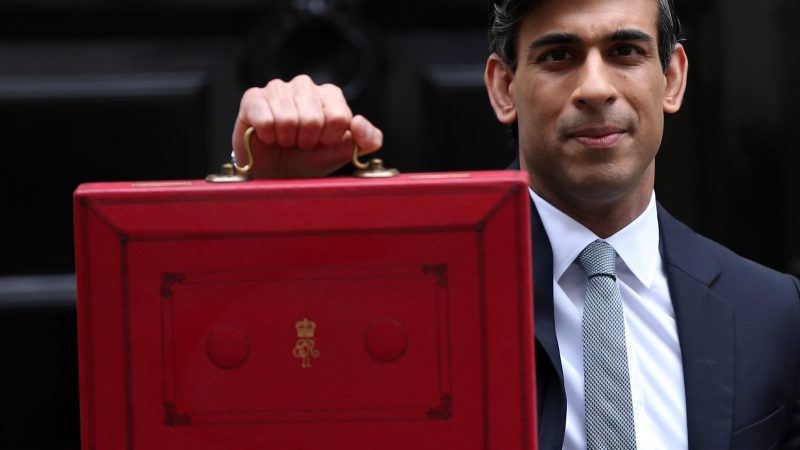
Most ordinary people in the UK don’t buy or own shares in companies. According to the Office for National Statistics, the proportion of shares held by individuals has declined since 1963, when individuals owned 54% of UK quoted shares in terms of total value. The proportions of UK shares held by UK-resident individuals is now at just 13.5%.
Those who do are likely to earn a lot more than average, or have other sources of money. And they probably have a financial adviser, who will advise them on how to get a better return on their money via share dividend payments than they would on a savings account. It’s not what most of us do, it’s only open to the wealthy, and it’s dependent on businesses operating to maximise their profits, so they can pay those dividends to their investors.
The IPPR said in 2019: “Payments to shareholders primarily benefit a wealthy minority. Among the richest 1%, over one-quarter of total income is generated from dividends and partnership income alone.” The TUC and the High Pay Centre reported that UK taxpayers earning over £150,000 – barely 1% of all taxpayers – captured around 22% of all direct income from UK dividends.
Investors received around £60bn in dividend payments in 2020 – some £14.7bn, or 20%, less than in 2019. However, in 2021, dividend payments are forecast to bounce back, rising 18%, or £10.9bn, to £70.8bn. Some of those shareholders will make thousands of pounds in dividend payments every year. And they will pay less tax on it than those living on earning the minimum wage.
Income tax thresholds currently stand at 20%, 40% and 45% at the basic, higher and additional rates, but taxation on dividend income stands at 7.5%, 32.5% and 38%. Share dividends are just one form of unearned income that should be subject to wealth taxation, to rebuild our economy, fund our public services, and even up our society.
Whilst this niche issue is being discussed in the Commons, during the passage of the finance bill, I tabled a new clause asking the government to look at equalising taxation of dividend income with ordinary income tax on earnings.
This is not a controversial proposal. At the 2019 general election, Labour said we believe that returns from wealth should not be taxed less than those from income and that we should equalise the tax treatment of income from dividends with other income.
When our social care sector is so strapped for cash and its staff so poorly paid, increased taxation on dividends could raise a significant amount of income. The IPPR estimated at the 2019 election that Labour’s proposals – the same I’m proposing this week – could raise as much as £42bn over five years, and even taking into account behavioural change could still raise as much as £37bn over that period.
I also support the equalisation of capital gains tax with earnings taxation, which the TUC has championed in recent months as a source of funding for social care. Yet as the FT reports, the Treasury has not supported proposals by the Office for Tax Simplification to raise the capital gains tax rates and lower the allowance. If it had been possible, I would have urged a review of capital gains tax rates in my new clause alongside the dividend income tax rates.
The government’s justification for the increase in National Insurance that everyone is being required to pay is that it will fund additional spending for the NHS and social care. Yet there is nobody in the social care sector who believes the government proposals will deliver a significant uplift in finance needed. A wealth tax is a way to do it – the government must grasp the nettle and take this opportunity, starting with dividend income.




More from LabourList
‘Tackling poverty should be the legacy of Keir Starmer’s government’
‘The High Court judgment brings more uncertainty for the trans community’
‘There are good and bad businesses. Labour needs to be able to explain the difference’